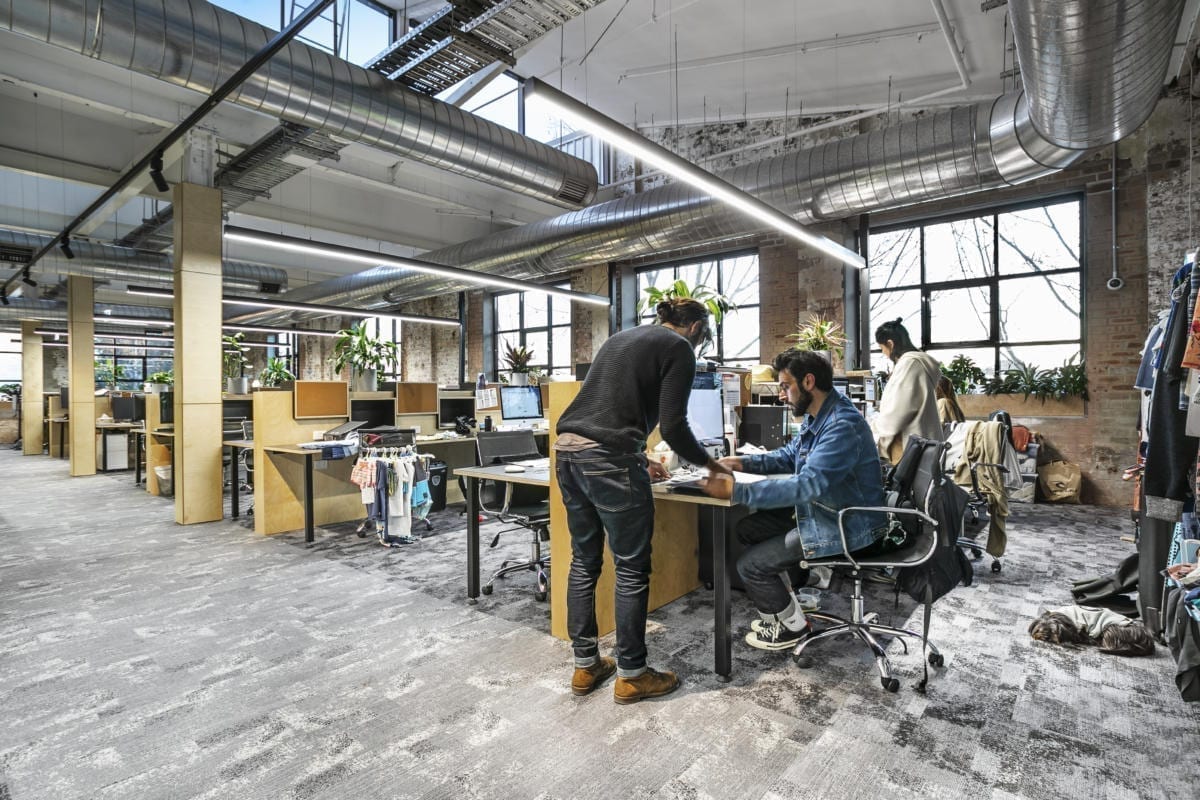Contents
Sustainability has been making its way to the forefront of business models in recent years. It’s no longer just the “nice thing to do” but rather a business imperative. The idea is to adopt initiatives to make the least environmental impact while also increasing financial performance.
Of course, sustainable practices will differ from business to business. Also, not everyone’s business revolves around a “sustainable” product or service.
A recent study found that 9 in 10 Australians are concerned for the environment, and consumers want companies to encourage sustainable behaviour.
Small businesses have a unique advantage in being able to adopt these practices with greater flexibility and control.
Here are 5 easy ways to get started and potentially spark more ideas for your internal sustainable business practices in 2021.
1. Use Second Hand Items
We’ve all heard it so many times: Reduce, Reuse, Recycle. And one way to do all three at once is using second hand items.
There are so many ways that you can incorporate pre-loved goods into different parts of your business. Not everything has to be brand new. From electronics to furniture, and sourcing materials to specialised equipment, the list goes on.
But, it’s wherever you can do it. Small changes count, but sometimes buying new or single-use might be the only option.
Example: Sean is opening his cafe business soon, and has been collecting second hand furniture for his store. He gets to save a little cash and also curate the perfect vintage aesthetic.
2. Reduce Food Waste
Whether or not your business is directly related to the food industry, the fact is that, as people, we all eat. That’s why food waste is relevant to everyone, including businesses.
In Australia, we waste 7.3 billion tonnes of food a year, which is about 5 bags of groceries per person. Yet, 5 million Australians still do not get enough food.
It’s also not just about saving a few scraps on your plate — lots of waste happens during production, in transport, and through spoilage. So, it’s definitely a larger issue to be tackled.
But the main point is: everyone should be conscious of food waste within a small business context. There are plenty of changes you can make that’ll actually have an impact.
How to start: The first step is pin-pointing where potential waste happens and preventing it. Maybe it’s that work party with surplus catering, or it’s the untouched concoction of lunches in the office fridge.
It may be practical for some businesses to get a shared compost bin. It does make some awesome fertiliser!
3. Curb Commutes
If 2020 has proven anything, working from home and online communication isn’t half as disastrous as we’d all imagined. They even had Zoom court hearings and trials!
However, it is important to acknowledge that not every industry can work from home and it is a privilege to be able to do so in light of COVID-19.
So, if you can, promote an electronic way of doing things. Remote work and virtual meetings can reduce pollution, and the overall carbon footprint of the business without much inconvenience.
Riding your bike, walking, or public transport are all great options where possible.
Example: Tina’s workplace has made drastic changes to the business so that remote working is very accessible for her. She stays home most days but when she has to go into the office, she likes to take the train.
4. Go Paperless
Going paperless usually means that you keep things like documents, receipts and files as a digital record without having the need for a physical copy.
You can also have all your business files on the cloud. It would be much more accessible for you and your employees, particularly if you are working remotely. It saves space, money and makes business much more efficient. With so much online now, it’s easier than ever.
Example: Kim has been running a small law practice for a really long time and has printed every document, letter and email to keep on a physical file. He’s also had to rent a separate storage space aside from his office to save the files.
He never really thought this was an issue because so many other law firms do the same. But now, he is in the process of moving to an online database. He’s looking forward to the convenience.
5. Look For Little Ways To Improve
Actively seeking to make small changes will add up in the long run. It’s better for many people to make small changes than for one person to be perfectly sustainable.
These small changes can be as simple as setting a default search engine that will plant trees just by you using it! Maybe you want to switch to a delivery service that buys carbon offsets.
Or you could commit to recycling more — whether it be empty ink cartridges, broken electronics, batteries, paper, you name it. You might also think about donating a small portion of your profits to an environmental program.
Sustainability Is Here To Stay
Your small business might already be doing some or all of these things, or just starting. Wherever you are in your journey, take pride! It shows you’re committed to taking care of the Earth.
Also, there’s no need to keep your sustainability efforts a secret. Let others know and inspire them to make changes, too.
A shout-out here to our friends at The Commons; the co-working space in which many of the Sprintlaw team work. They’re doing great work to ensure businesses can base themselves in environmentally aware spaces.
Environmental consciousness is awesome!

Get In Touch
Sprintlaw is a new type of law firm that operates completely online and on a fixed-fee basis. We’re on a mission to make quality legal services faster, simpler and more affordable for small business owners and entrepreneurs.
If you need any help with your small business legals you can reach us on 1800 730 617 or email team@sprintlaw.com.au for a free, no-obligation chat about your needs.
Get in touch now!
We'll get back to you within 1 business day.












